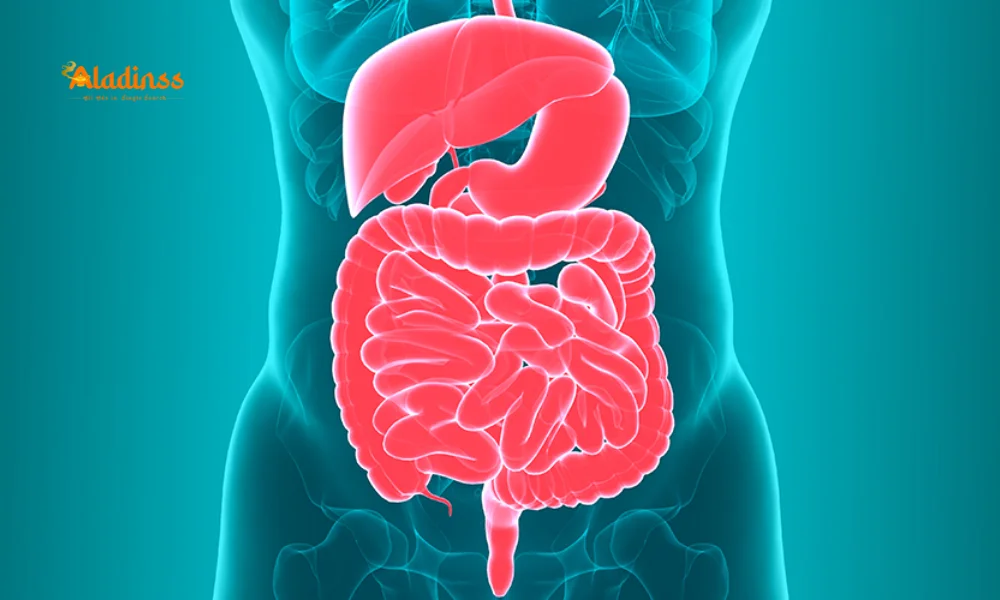Boost Your Gut Health: Simple Tips for a Balanced Microbiome

Boost Your Gut Health: Simple Tips for a Balanced Microbiome
Gut health has emerged as a cornerstone of overall well-being, influencing everything from digestion to mental health and immunity. The gut microbiome, a complex community of bacteria and other microbes, plays a pivotal role in these processes. Maintaining a balanced microbiome is essential for optimal gut function, nutrient absorption, and even mood regulation. In this article, we explore practical, evidence-based tips to enhance gut health, focusing on what to avoid and what to embrace in your daily routine. By making informed choices, you can nurture your gut microbiome and improve your overall health.
Why Gut Health Matters

The gut microbiome consists of trillions of microorganisms, including bacteria, fungi, and viruses, that reside in your digestive tract. These microbes are responsible for breaking down food, producing essential nutrients, and protecting against harmful pathogens. A balanced microbiome supports digestion, boosts immunity, and even influences mental health through the gut-brain axis. Research published in *Nature Reviews Microbiology* (2020) highlights that an imbalanced microbiome, or dysbiosis, can lead to issues like irritable bowel syndrome, obesity, and even anxiety.
Factors like diet, stress, and medication can disrupt this delicate balance, making it crucial to adopt habits that nurture beneficial bacteria. With Google Trends showing a spike in searches for “gut health tips” and “microbiome health,” and hashtags like #GutHealth and #HealthyLiving trending on X, it’s clear that people are eager to learn how to optimize their gut health naturally.
What to Avoid for a Healthy Gut

To maintain a balanced gut microbiome, it’s essential to avoid habits and foods that can harm beneficial bacteria. Highly processed foods, such as packaged snacks, sugary drinks, and ready-to-eat meals, are a major culprit. These foods are typically low in fiber and high in sugar and unhealthy fats, which can starve beneficial microbes and promote the growth of harmful ones. A 2021 study in *Gut Microbes* found that diets high in processed foods reduce microbial diversity, leading to inflammation and digestive issues.
Overuse of antibiotics is another factor to avoid. While antibiotics are essential for treating bacterial infections, inappropriate or excessive use can wipe out beneficial gut bacteria, disrupting the microbiome’s balance. According to a 2018 study in *The Lancet*, antibiotic overuse is linked to long-term gut dysbiosis, which can increase the risk of chronic diseases. Always consult a doctor before taking antibiotics and avoid self-medication.
Lifestyle factors like insufficient physical activity, chronic stress, poor sleep, and irregular eating habits also negatively impact gut health. Stress, for instance, can alter gut motility and microbial composition, as noted in a 2019 *Journal of Physiology* study. Similarly, irregular sleep patterns can disrupt the circadian rhythms of gut microbes, reducing their functionality. By minimizing these factors, you can create a gut-friendly environment.
What to Include for Optimal Gut Health

A diet rich in fiber and probiotics is key to nurturing a healthy gut microbiome. Foods like greens (spinach, kale), carrots, beetroot, broccoli, and fruits (apples, berries) are packed with fiber and phytonutrients that feed beneficial microbes. These foods promote the growth of bacteria like *Bifidobacterium* and *Lactobacillus*, which are essential for digestion and immunity, as noted in a 2020 *Nutrients* study.
Traditional fermented foods are another excellent addition to your diet. Buttermilk, idli, dosa, kanji, and pickles are naturally rich in probiotics, which introduce beneficial bacteria to the gut. For example, fermented foods like yogurt contain *Lactobacillus* strains that improve gut barrier function and reduce inflammation, according to a 2017 study in *Frontiers in Microbiology*. Including these foods daily can significantly enhance microbial diversity.
Small grains like millet, sorghum, and bajra, along with brown rice, lentils, beans, rajma, chickpeas, and alfalfa, are also gut-friendly. These foods are rich in prebiotic fibers, which act as fuel for gut bacteria. A 2022 *Journal of Nutrition* study found that diets high in whole grains and legumes improve microbial diversity and reduce inflammation markers, supporting overall gut health.
Lifestyle Tips to Support Gut Health
Beyond diet, lifestyle plays a critical role in maintaining a healthy gut. Regular physical activity, such as walking, yoga, or moderate exercise, can enhance gut motility and microbial diversity. A 2019 study in *Gut* found that exercise promotes the growth of beneficial bacteria like *Akkermansia muciniphila*, which is linked to improved metabolism and reduced inflammation.
Managing stress is equally important. Practices like meditation, deep breathing, or mindfulness can reduce cortisol levels, which otherwise disrupt gut bacteria. A 2021 *Journal of Psychiatric Research* study highlighted the gut-brain connection, showing that stress management improves both mental health and gut function. Prioritizing 7-8 hours of quality sleep and maintaining consistent meal times also support microbial rhythms, ensuring optimal gut health.
How to Start Your Gut Health Journey
Incorporating gut-friendly habits into your routine doesn’t have to be overwhelming. Start by gradually increasing your intake of fiber-rich foods like vegetables, fruits, and whole grains. Aim for at least 25-30 grams of fiber daily, as recommended by the *American Journal of Clinical Nutrition*. Introduce fermented foods slowly to allow your gut to adjust, especially if you’re new to probiotics.
Work with a healthcare professional to assess your gut health and avoid unnecessary medications like antibiotics. If you’re unsure where to begin, consider keeping a food diary to track how different foods affect your digestion and energy levels. Consistency is key—small, sustainable changes can lead to significant improvements over time.
Why Gut Health Is a Trending Topic
The focus on gut health reflects a broader shift toward holistic wellness. Google Trends data shows rising searches for “gut microbiome,” “probiotics,” and “fermented foods,” indicating widespread interest in natural health solutions. On X, hashtags like #GutHealthTips and #Microbiome are gaining traction, with users sharing recipes and tips for improving gut function. This trend underscores the growing awareness of the gut’s role in overall health and the desire for practical, science-backed strategies.
By adopting the tips outlined in this article, you can take charge of your gut health and enjoy the benefits of a balanced microbiome. From eating fiber-rich foods to prioritizing sleep and stress management, these simple steps can make a big difference in your well-being.
Comment / Reply From
No comments yet. Be the first to comment!






